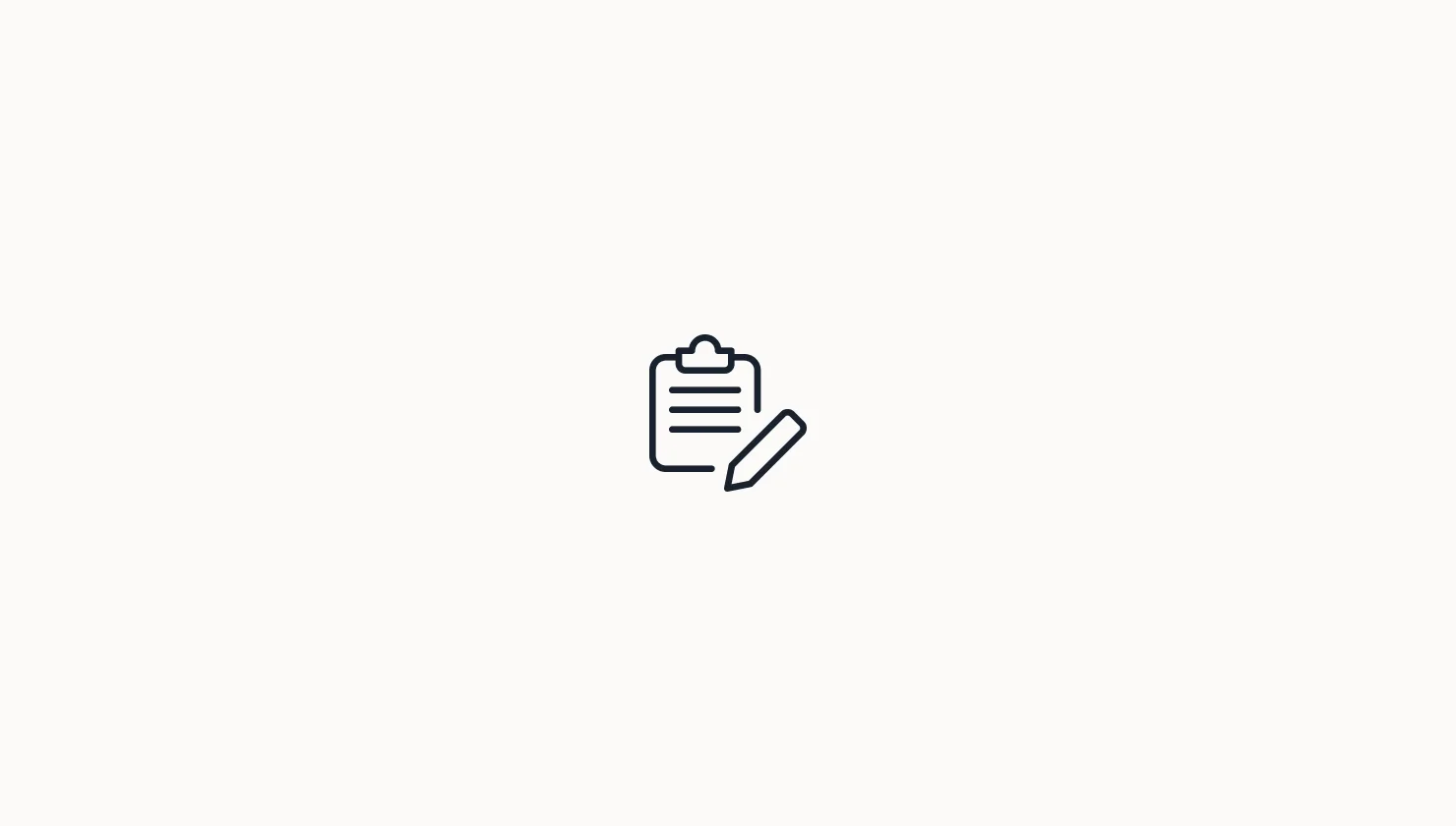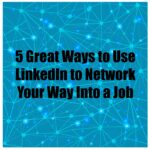About a year ago, I hung it up as a corporate recruiter. I had been recruiting for about 19 years, and during that time, I reviewed a LOT of resumes – tens of thousands by my rough estimation. My eyes hurt just thinking about it.Not too long after that, I became a full-time resume writer …

About a year ago, I hung it up as a corporate recruiter. I had been recruiting for about 19 years, and during that time, I reviewed a LOT of resumes – tens of thousands by my rough estimation. My eyes hurt just thinking about it.
Not too long after that, I became a full-time resume writer and career coach. Since then, I’ve developed and written quite a few resumes for and with my clients.
It’s been a great journey. I’ve learned, and continue to learn, quite a few things about writing resumes, and the resume writing/career coaching field. Here are some of my observations.
-
Writing a resume can be freakin’ hard. There’s a lot that goes into a resume. If you think about it, a resume is several things – it’s a marketing brochure, a spelling and grammar test, and an exercise in desktop publishing all rolled into one. It has to look attractive, read well, and be compelling. The formatting needs to be immaculate. The very first exposure a candidate gets to an employer is through their resume, and the job seeker will be judged harshly.
-
Microsoft Word is a bear. 95% of resumes are done in Word because most employers use Word. And the program has more quirks, trapdoors, and tricks that you could ever imagine. There are at least three ways (that I know about) to create a space between lines – which one is the correct one to use? And it’s essential that in a resume the columns line up where they should, tabs go where they need to, and that formatting stay in place regardless of your edits. If you are working on your own resume and you don’t know how to use Word effectively, pay a friend to help you maneuver it if necessary – it’s money well spent. The good news is, if you don’t know how to do something in Word, the answer is usually a Google search away. But you need the answer for the specific version of Word you’re using, because Microsoft may have moved the function. I can attribute 10% of the gray hairs on my head to learning how to use Word more effectively.
-
A sounding board helps. It can be difficult for an individual to figure out what to include on their resume – and what to leave out. The truth is, we can often become attached to an accomplishment or experience from long ago that may detract from the resume. Similarly, it can be difficult to remember the accomplishments from your jobs, because we may not think of that part of our work as important. That’s why having somebody else to bounce off your ideas for the resume (and in career coaching, in general) is such a fantastic thing – they can help put words to your experiences and let you see yourself in a different mirror.
-
People can be overly modest. In the American culture, it’s normal for us to sell ourselves, and to have a little bit of braggadocio. It’s expected that you show what you’ve accomplished so that a potential employer can see that you have initiative, and can visualize what you may be able to do for them. But people are remarkably modest – often uncomfortable talking about their achievements. One of the most rewarding parts of my job is interviewing a client to learn about their accomplishments, and helping them recognize that they have contributed to their employer more than they previously thought.
-
Brevity matters in a resume. As a recruiter, I generally kind of “knew” what an effective resume looked like. But I’ve come to realize, through speaking with peers and reading up on the topic, that brief (1-2 line) bullets really help the reader zip through the resume and scan their way to what’s important. And unless you have a compelling reason to go beyond 2 pages – don’t. Welcome to the YouTube generation.
-
Getting noticed in the job hunt is a lot harder than it used to be. In the old days, you’d see an ad for a job, click send (or, if we’re really going back a ways, you’d put together a paper resume and a cover letter and mail it off to an address indicated in the newspaper ad), or upload your resume to Monster, and hope to get noticed. It used to be that recruiters would go through all the applications, and filter the strongest candidates for further consideration. These days, recruiters are letting the technology do it for them – the applicant tracking system (ATS, or that black hole where your resume goes after you click send) will use filters to curry the closest keyword matches for review. Or, recruiters skip the postings altogether, and go straight to LinkedIn to source candidates. Now, if candidates want to get noticed, they need to try to figure out the keywords that matter from the job description and adjusting their resume before submitting, and then reach out to a company contact via LinkedIn to try to get attention. Networking has become incredibly critical to finding a job, so make sure your LinkedIn profile is highly polished and represents you well.
-
Interviewing for a job is a skill. It can be polished and enhanced. It takes practice to master the tools associated with making it through an interview. Behavioral interviewing, poise, salary negotiation, and diction are all learned talents. You can learn them, too. Don’t let a lack of polish stop you from getting the job.
Scott Singer is the President and Founder of Insider Career Strategies Resume Writing & Career Coaching, a firm dedicated to guiding job seekers and companies through the job search and hiring process. He is a Human Resources professional and staffing expert with almost two decades of in-house corporate HR and staffing firm experience, and is a Certified Professional Resume Writer (CPRW) and Certified Professional Career Coach (CPCC).
Insider Career Strategies provides resume writing, LinkedIn profile development, and career coaching services, including a free resume review. You can email Scott Singer at scott.singer@insidercs.com, or via the website, www.insidercs.com.




